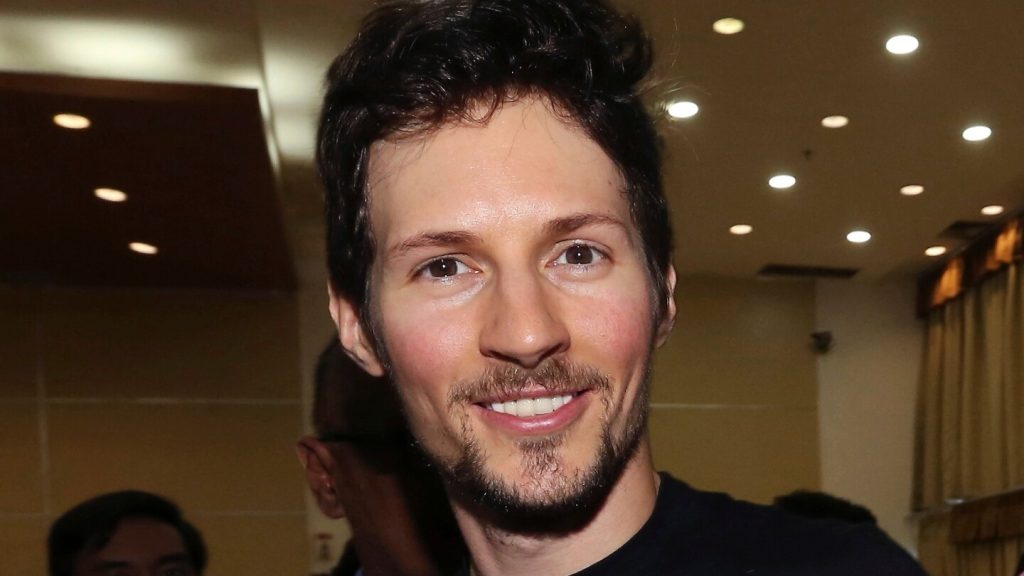The founder and CEO of the messaging service Telegram, Pavel Durov, was detained in Paris on charges of money laundering, drug trafficking, and other offenses. French media reported that Durov, a dual citizen of France and Russia, was taken into custody at Paris-Le Bourget Airport after landing from Azerbaijan. The warrant for his arrest was issued by France at the request of the country’s interior ministry’s special unit investigating crimes against minors, including online sexual exploitation. Durov’s representatives were not immediately available for comment, and French prosecutors declined to comment on the case, citing the ongoing investigation.
Telegram was founded by Durov and his brother in response to the Russian government’s crackdown on digital spaces following mass pro-democracy protests in Moscow in 2011-2012. The platform gained popularity in Russia as a secure way for communication and sharing news amid increasing censorship. In 2018, the Russian media watchdog tried to block Telegram for refusing to hand over encryption keys, but the ban was lifted two years later. Despite criticism for lack of content moderation, Telegram remains widely used in Russia and Ukraine for communication and news sharing.
Following Durov’s arrest, the messaging platform issued a statement affirming its compliance with EU laws, including the digital services act, and its ongoing efforts to improve content moderation. The company defended Durov’s frequent travels in Europe and claimed that almost a billion users globally rely on Telegram for communication and information sharing. A French judicial official suggested that Durov might appear before a judge to determine the extension of his police custody. Telegram has faced criticism for its lack of content moderation, particularly in cases of illegal activities like money laundering, drug trafficking, and the sharing of child exploitation content.
Telegram’s response to illegal content issues has been viewed as inadequate, with concerns raised about its lax policies and unresponsiveness to law enforcement. In 2022, Germany fined Telegram operators for failing to comply with German laws regulating online platforms. The platform faced temporary suspension in Brazil for not providing data related to a police inquiry into school shootings. Elon Musk expressed support for Durov, calling for his release using the hashtag #freePavel. Russian government officials condemned Durov’s arrest, highlighting what they saw as a double standard on freedom of speech in the West. Human rights organizations previously criticized Russia’s decision to block Telegram in 2018.
Overall, Durov’s detention in France on charges related to Telegram’s alleged involvement in criminal activities has sparked debate over the platform’s content moderation practices and the responsibility of tech companies for illegal content. The case raises broader questions about the balance between privacy, freedom of speech, and the need to combat criminal activities online. As the investigation unfolds, the future of Telegram and its founder remain uncertain, with implications for the regulation of messaging platforms and the protection of users from harmful content.


